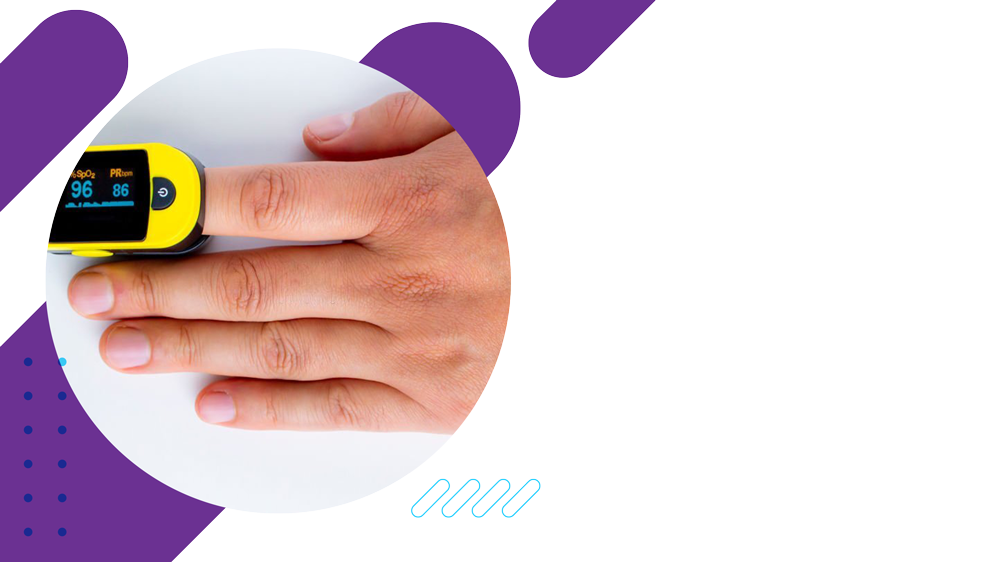Non-invasive cardiology treatments are typically suitable for individuals with conditions such as coronary artery disease, arrhythmias, heart valve disorders, and heart failure. Eligibility depends on factors like overall health and specific cardiac condition, best determined through consultation with a cardiologist.
Non-invasive cardiology treatments are procedures that don’t require surgery or invasive methods. They encompass diagnostic tests like echocardiograms and stress tests, along with therapeutic interventions such as medication management and lifestyle modifications. These approaches effectively manage heart conditions while minimizing risks associated with invasive procedures.
For top-quality cardiac care in Bahadurgarh, Medark Hospital stands out as a premier choice. Renowned for its advanced facilities and expert cardiac specialists, Medark Hospital provides comprehensive diagnostic services, innovative treatments, and compassionate care to patients with heart conditions.
Common symptoms of a heart attack include chest pain or discomfort, shortness of breath, nausea, lightheadedness, and pain or discomfort in the arms, back, neck, jaw, or stomach. It’s important to seek immediate medical attention if experiencing these symptoms, as prompt treatment can be life-saving.
To prevent a heart attack, maintain a healthy lifestyle by exercising regularly, eating a balanced diet low in saturated fats and cholesterol, avoiding smoking and excessive alcohol consumption, managing stress, and regularly monitoring blood pressure, cholesterol levels, and blood sugar. Additionally, adhere to any prescribed medications and attend regular check-ups with a healthcare provider to assess cardiovascular health.
Yes, stress can contribute to heart attacks by increasing blood pressure and heart rate, promoting arterial plaque formation, and inducing inflammation.
Early signs of heart failure in adults include fatigue, shortness of breath, swelling in the legs, ankles, or abdomen, rapid or irregular heartbeat, and persistent cough or wheezing. It’s important to seek medical attention if experiencing these symptoms, as early detection and management can improve outcomes.
Causes of sudden high blood pressure can include stress, anxiety, certain medications, thyroid disorders, adrenal gland problems, and kidney issues. Additionally, consuming high-sodium foods, excessive alcohol, or stimulants like caffeine can also temporarily raise blood pressure levels.
High blood pressure in young adults can be caused by factors such as obesity, unhealthy diet, lack of physical activity, excessive alcohol consumption, smoking, stress, and family history of hypertension. Additionally, certain medical conditions like kidney disease, thyroid disorders, and hormonal imbalances can contribute to high blood pressure in this age group.
